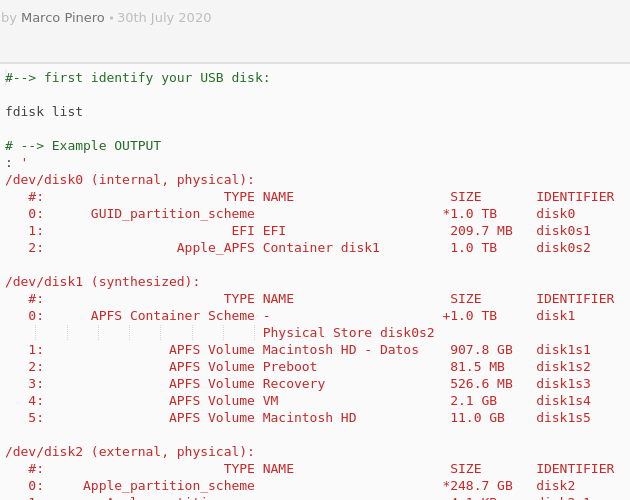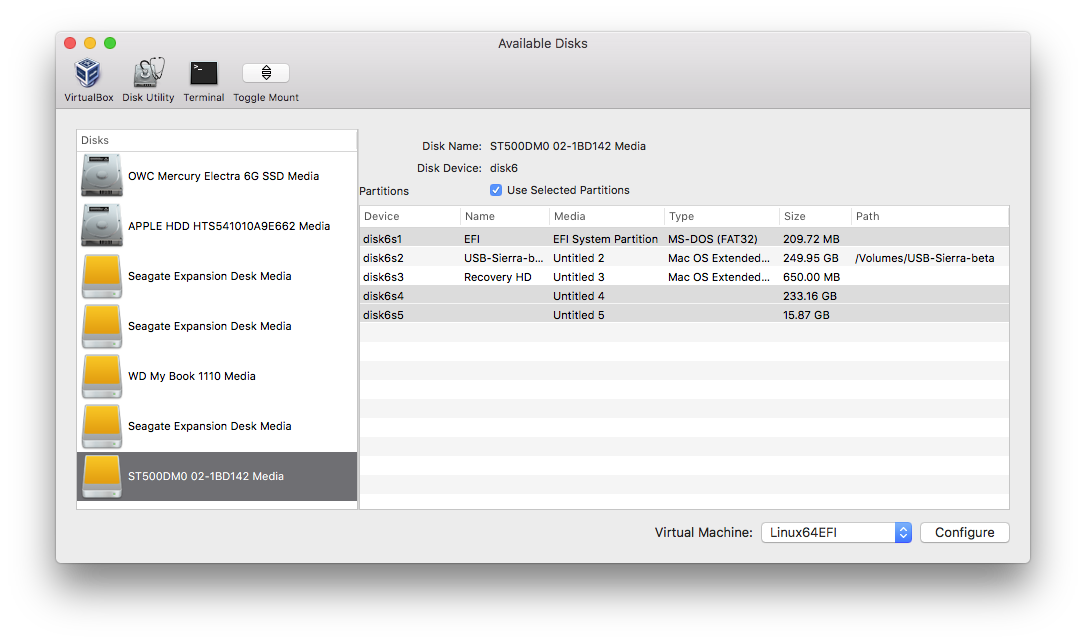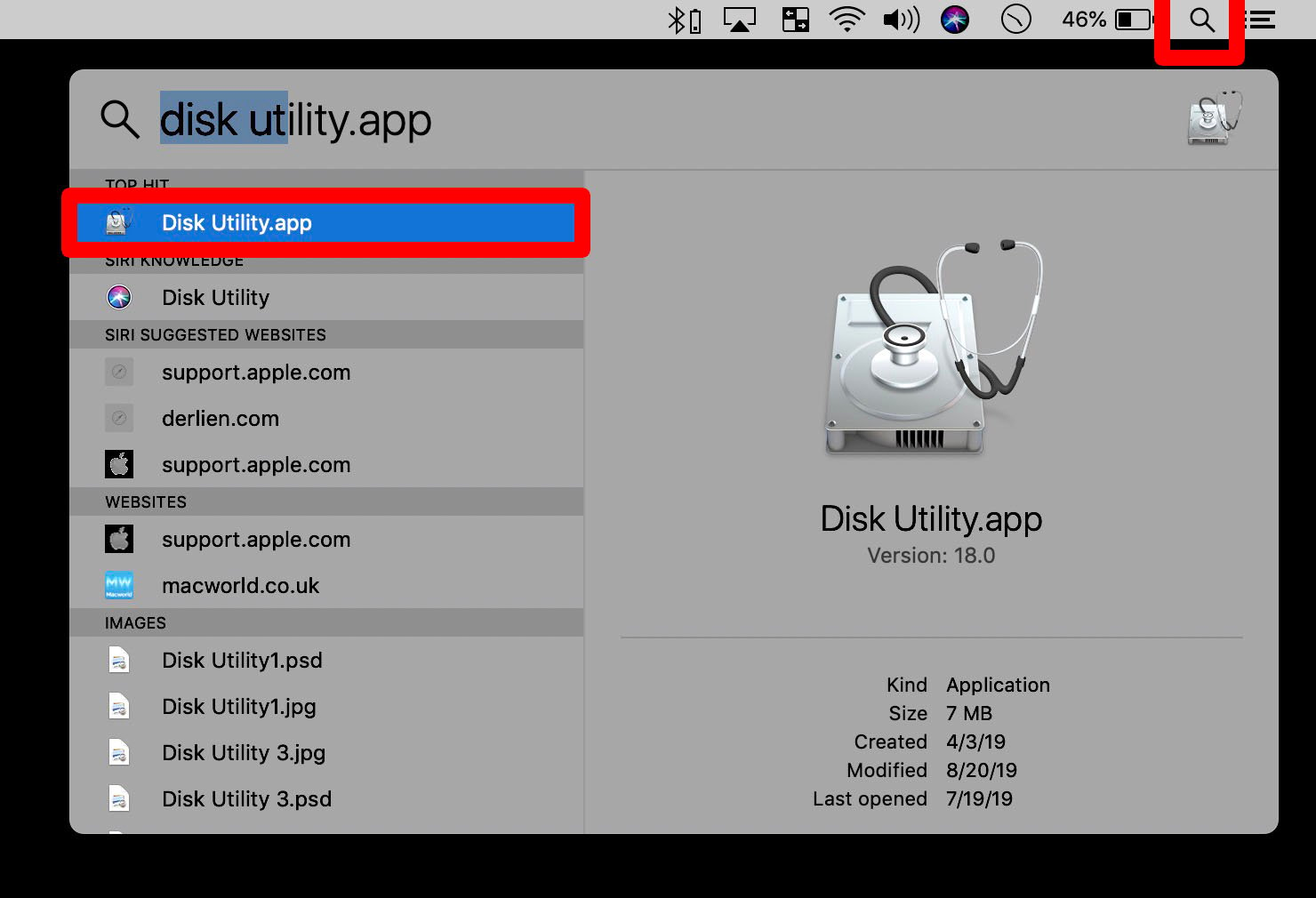



The command will create one allocation (or cluster) block/device block and rename the volume to exFAT.Īlternatively you may use sudo newfs_exfat -b 512 -v exFAT /dev/disk0s6 Sudo newfs_exfat -c 1 -v exFAT /dev/disk0s6 Then enter: diskutil list #to get the disk identifier of the exFAT partition To reformat your exFAT volume first copy the content to another volume. Acceptable valuesĪre powers of 2 in the range 512 through 33554432. The following options regarding allocation block sizes are available: -b bytes-per-clusterįile system block size (bytes per cluster). To format a partition use newfs_exfat /dev/disk*s* The minimal possible allocation block size is then 1024 bytes. Since the smallest device block size is 512 bytes, the allocation block size can't be smaller.įor a 3 TB partition the minimal size is 3,000,000,000,000 bytes/4,294,967,296=~698.5 bytes. To get the minimal size of an allocation cluster on your partition divide the size of your partition through 2^32.įor a 100 GB partition the minimal size is 100,000,000,000 bytes/4,294,967,296=~23.3 bytes.

The maximum allocation block (or cluster) count for exFAT is 2^32 = 4,294,967,296. So looks like chkdisk showed same 131072 bytes per cluster Just booted back to Mac and run the command sudo newfs_exfat -N /dev/disk0s6: Reformatting existing ExFAT volume I didn't found a way how to check cluster size on Mac so I boot in Windows and run chkdsk on that drive:Īs you can see 131072 bytes in each allocation unit – that is my current cluster size being created by Mac DiskUtil default Here is an example of files in folder bower_components which is 46.1 MB taking 9.75 GBspace on the disk (printed from windows): I have lots of small files in that volume and my small files took to much physical space so I want to reformat the volume with a minimum Device Block Size and Cluster Size so my small files won't take any additional space. I have an 512 GB SSD on my MacBook Retina with one of the volumes disks0s6 formatted with exFat to use it on both Mac and Windows.ĭiskutil info disk0s6: Device Identifier: disk0s6ĭevice / Media Name: Basic data partition


 0 kommentar(er)
0 kommentar(er)
